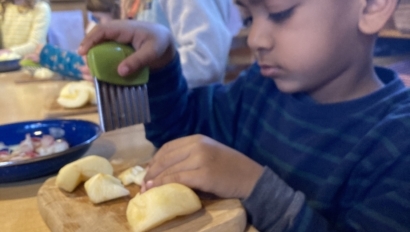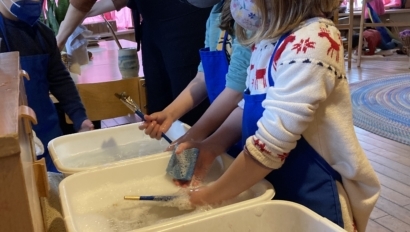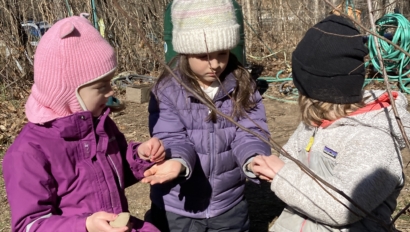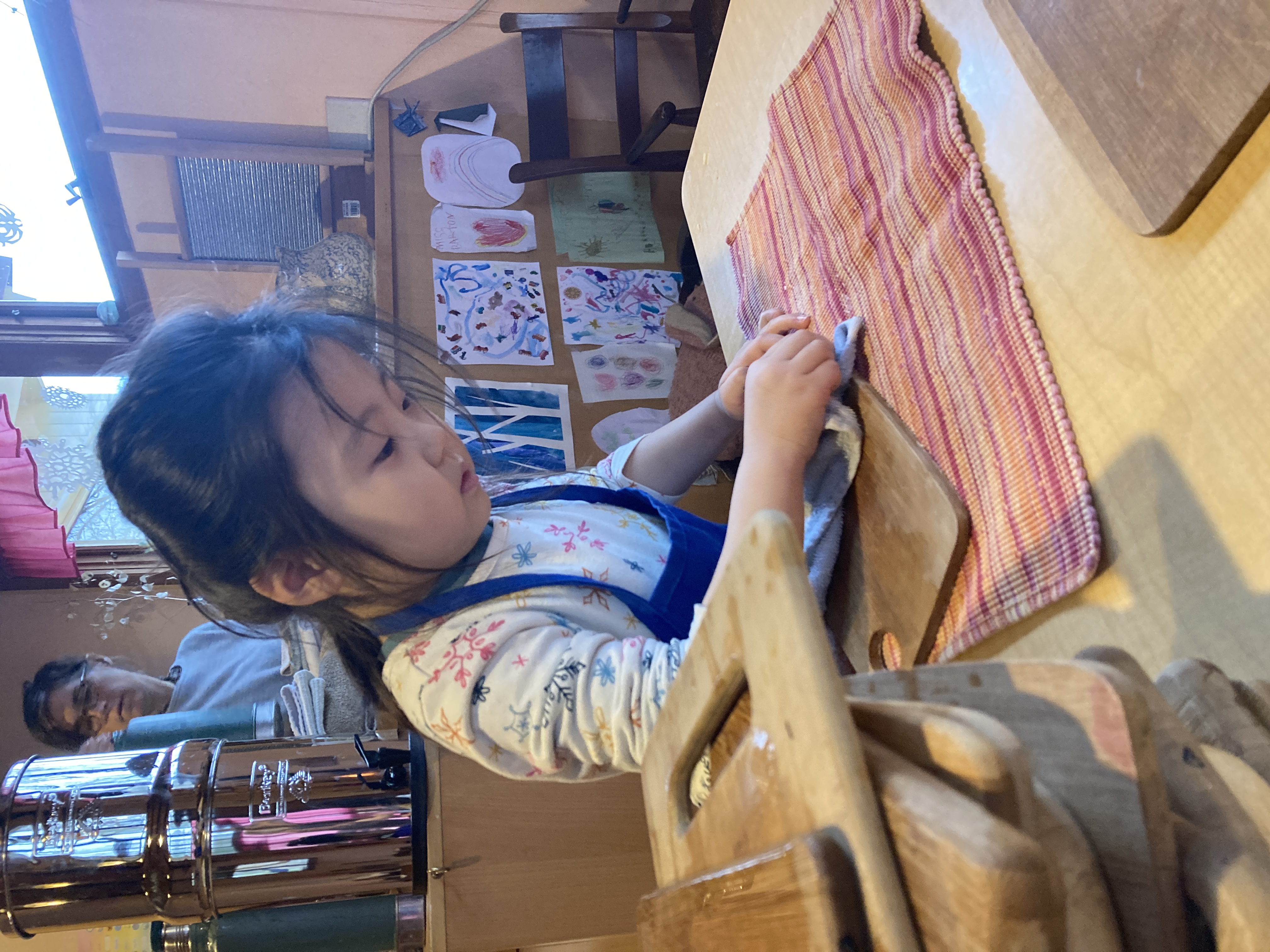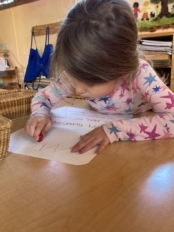by Carol Grieder, Farm Kindergarten Teacher
Over the years, as a parent and educator, I have spent much time contemplating what it means to help nourish human skill sets also called character skills. Mainstream research has clearly demonstrated the importance of these human skill sets for children. One of my favorite books has been one by Paul Tough “How children succeed: Grit, curiosity and the hidden power of character.”
What are those human skill sets which we wish to nourish? Following are some of the skill sets which are part of a “healthy will’ in children and adults. I suggest you can look at them and identify which skill sets you think are firmly developed in your child and identify what needs more of your support:
- Impulse control – It is the ability to resist an impulse, desire or temptation and to regulate its translation into action.
- Perseverance – The ability to invest oneself in tasks on behalf of self and others in spite of difficulty or delay in achieving success.
- Grit – Courage, resolve and ownership over what needs to be accomplished.
- Compassion and empathy – The ability to understand the feelings of another person and put that caring into action.
- Resilience – Being able to withstand and recover quickly and manage small problems easily.
- Gratitude – The ability to feel grateful and express it.
- Reverence – A sense of wonder for the world, including environment, family, friends, teachers, animals, etc
- Curiosity – Interest in the world around us and interest in learning
- Optimism – Looking at the “bright side” and being able to strive to see “the glass half full rather than half empty” and reframe one’s view of oneself if needed
These days, I have seen these skill sets firmly in place in our children. I see them caring deeply for the animals and each other, taking ownership of what needs attention, and stepping up to tasks with a sense of ownership, without needing to be cajoled or asked several times to collaborate. One child this week during cleanup time looked me straight in the eyes and said: “Ms. Grieder, how can I help?” while another child was putting all the boots “two best friends together” in the mudroom without being asked. I see children asking us if they can help with fetching and sifting compost or volunteering for a multitude of other tasks with joy. Children are helping each other learn how to draw even better and have humor and care with each other. Yesterday when we were working in the gardens with our farm educator Farmer Shannon and carrying some bags filled with stones, one of which I was about to lift up, one child offered: “I can carry this for you Ms. Grieder.” However, if you see collaboration being challenging at home, this is likely happening at school as well.
Having older children now, who are 21 and 24 years of age, I see the complexity of life; human skill sets are truly what leads to success in our children. Over time, as parents, we are more and more in the “onlooker” position, trusting their capacities and being there when needed while allowing them to be the creators of their lives.
What are ways to help your child?
Do not give in, negotiate or cajole – once you have made the request, it stands. Practice holding the line without negotiating and cajoling. Looking forward you will want your child to be able to comply easily and quickly with simple requests and directions of which there are many in first grade.
Make sure you are stepping back from taking on tasks which are theirs to complete. This includes self care tasks and tasks in service to your home life. For example, if a child is struggling with getting dressed, it can help to say “there is no rush, take your time,” while you continue with the tasks you are busy with without making their struggle yours to solve (unless you must of course, for example with a stuck zipper). Then the child will realize that these tasks are theirs to figure out and not the parent’s responsibility.
Remind children of their own body space – if you have a child who often is stepping into other people’s personal spaces, please work on this at home, since this is directly related to impulse control, which is an important skill to master.
Make sure that family tasks are completed by your child – not just the ones they volunteer for, but also the ones you have identified as needing to be completed – same as we do in school as a “class family.”
Refrain from being the “entertainer” of your child, or allowing passive entertainment through movies or devices – Boredom at home is healthy and will allow your child to work through their own will forces to find something to do. That is where the GMWS media policy comes in as very helpful as it helps your child to build their own human skill sets and be the “creator” of their life. It is helpful to understand that you are doing your child a great service by not allowing electronic media in their home experience, but making space for self initiated play. I grew up media free. My family did not own a car or a television. When I came home from school, my mother would ask: “Do you have homework? If not, go out and play!”
Integrate many opportunities for healthy movement outdoors such as balancing, climbing and swimming.
Use humor when needed – Role playing can be fun, if you are encouraging new skill sets in your child. It can also be useful to “do over” if your child was struggling with a task and trying to give up.
